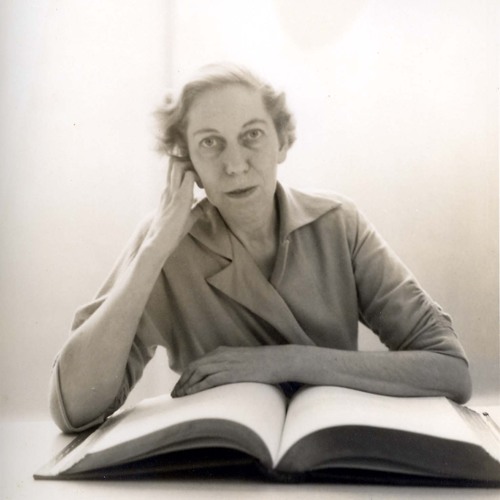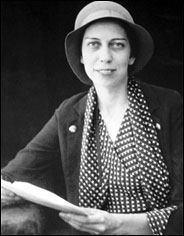
Reply DeleteĮudora Welty takes her fiction in a peculiar direction when it comes to “telling a story.” She goes against typical conventions and scales back on the “telling” within the story, and scales back hard. In the end, though, I am fairly certain that I will always have a respect for what Welty has done for fiction, if nothing else. Perhaps, no matter how much I try, I will never be a huge fan of Eudora Welty. Perhaps the more I read (and reread) of her, the more I will enjoy, or at least more fully appreciate, her writing. Since this was my first experience with Welty, I am inclined to think that her fiction gets better with time. Welty clearly has a control of her language, as well as a true understanding and appreciation of a particular culture. While I did not particularly enjoy these stories, they did have certain aspects to them that could make them strong fictional pieces. All in all, I see how Welty is such a renowned writer. It ends strangely it ends appropriately with the reader still wanting to know what the fuck exactly just happened. The ending, unlike “A Worn Path” and “Why I Live at the P.O.” really works. The man and the woman are quite complicated. Dialogue does not drive this piece, but rather setting and thought processes do. There is much more of a reliance on the psychological in this one than the others. Right now, I would have to say I found this one to be the most enjoyable of the three pieces in this collection. “No Place for You, My Love” is a kind of love story that isn’t a love story. The ending is unsatisfying and at the same time far too happy for me to properly appreciate it. But, unlike “A Worn Path,” I struggle ever seeing this story work for me. “Why I Live at the P.O.” does a decent job of showing more of this character development through the narrator’s interactions with her sister, Stella-Rondo, as well as her interactions with the other characters in the piece (Mama, Papa-Daddy, and Uncle Rondo). But, why can’t I enjoy it, despite all this? Frankly, I don’t know.

This is the lone story that captures dialogue, as well as setting. Welty does an admirable job of exploring character through Phoenix’s interactions with the hunter, herself, and the nurse at the doctor’s office. “A Worn Path” is a story that I almost want to enjoy, but I can’t. However, I do have to say that I respect Welty’s ability to capture character through dialogue, as well as situations within the stories.


Granted, this is not exactly groundbreaking, so I won’t spend too much time discussing this. Certainly, “A Worn Path,” “Why I Live at the P.O.,” and “No Place For You, My Love” share one obvious ideal, in that they are quite uniquely set in the Southern United States. They just didn’t sit all that well with me. Honestly, I had some trouble with these stories.


 0 kommentar(er)
0 kommentar(er)
